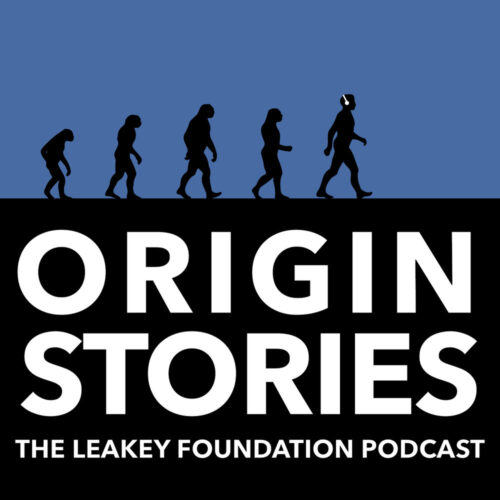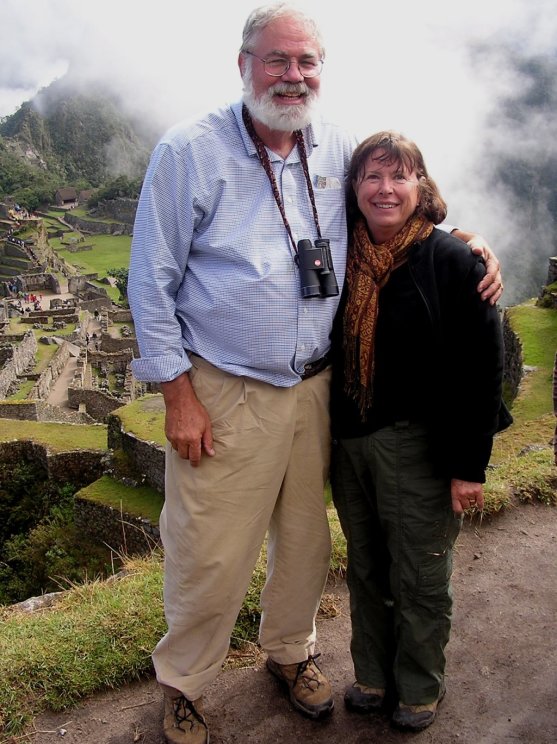Grants | The Leakey Foundation
The Leakey Foundation is pleased to announce the 24 recipients of our spring 2023 Research Grants. These outstanding scientists are leading groundbreaking studies that will expand our understanding of humanity. Their diverse projects span the globe and cover topics ranging from ancient climate change and early primate evolution to the effects of early-life adversity and the energetics of human pregnancy.
We are grateful to our community of donors who make these research grants possible. Please consider making a donation today. With your help, we can continue to illuminate the past, understand the present, and shape a future filled with new discoveries.
We look forward to sharing more about our grantees and their research as their projects progress.

Tyler Andres-Bray, Drexel University: When life gives you insects: Patterns of insectivory in Nigeria-Cameroon chimpanzees in Mbam & Djerem National Park
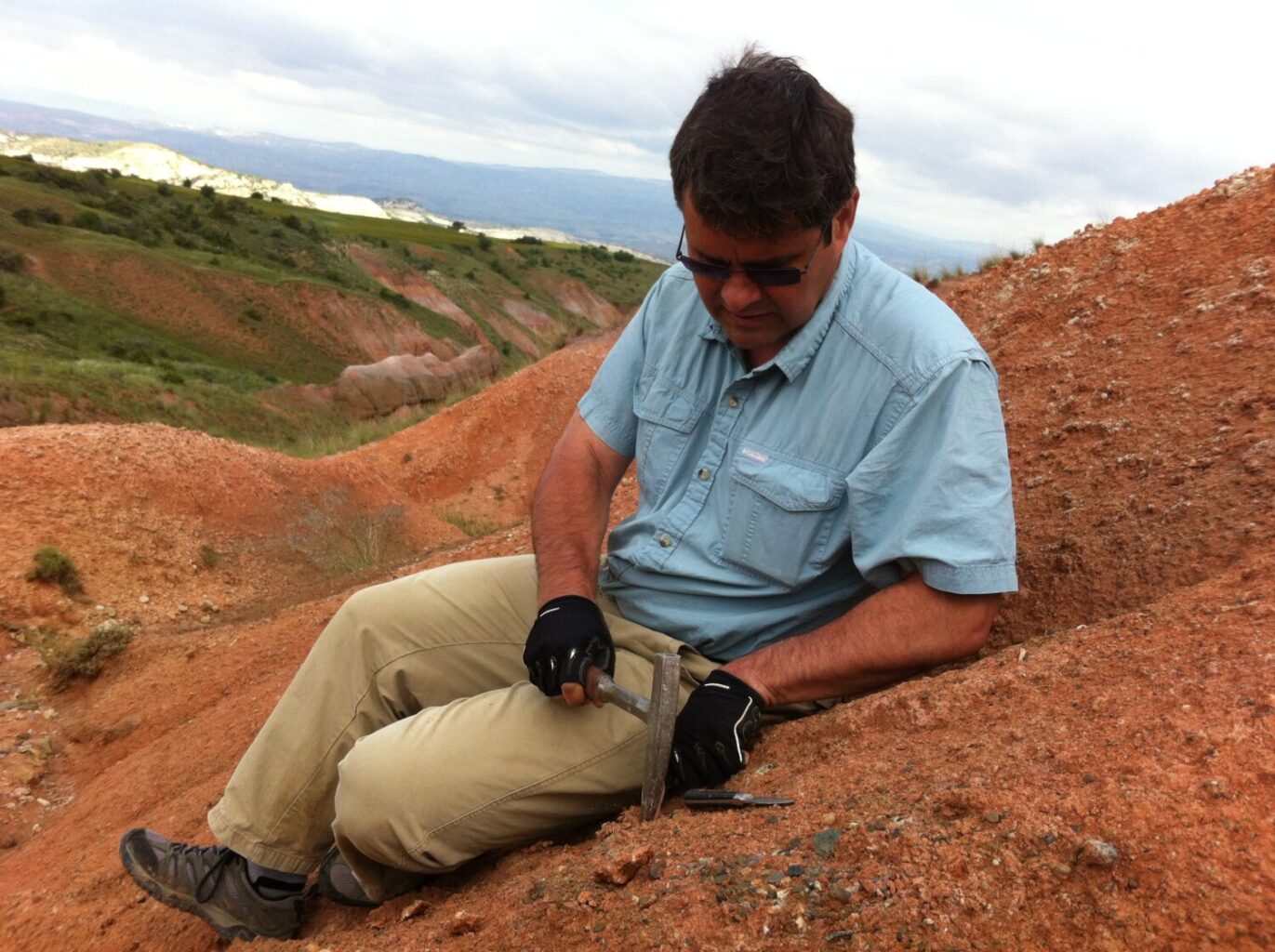
Christopher Beard, University of Kansas: Early primate evolution in Big Bend National Park, Texas

Alison Behie, The Australian National University: Using stress markers in teeth to better understand the lives of our ancestors

Timothy Bromage, New York University, College of Dentistry: Paleometabolomics informs metabolic and ecologic profiling of early human localities
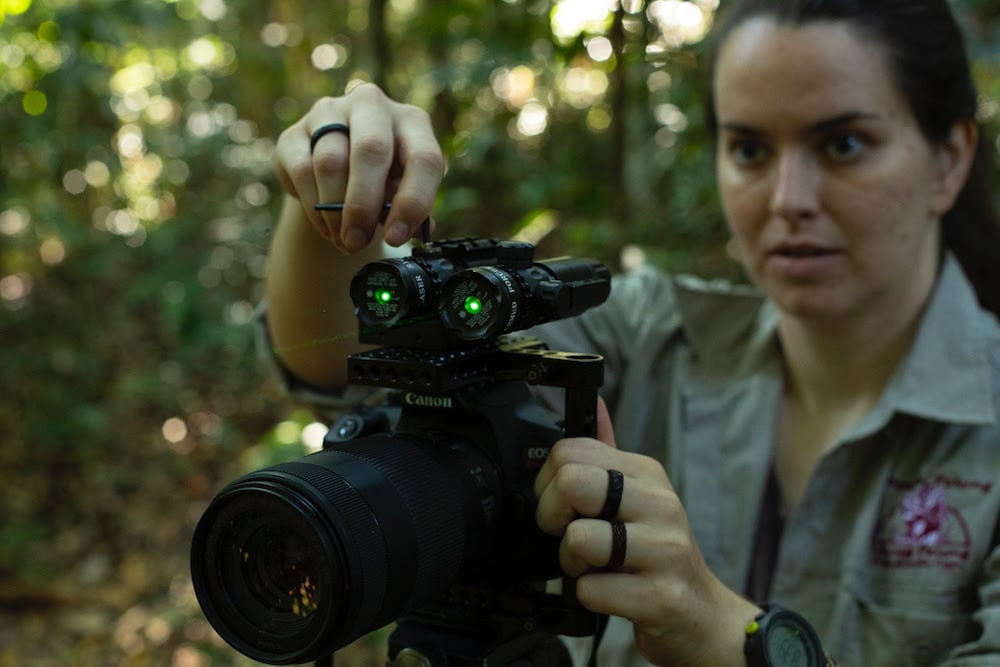
Ella Brown, University of Michigan: Do social environments influence the timing of male maturation in a close human relative?

Fabrice Demeter, University of Copenhagen: Denisovans and early modern humans in northern Laos: Climate dynamics and hominins turnover in Late Pleistocene Southeast Asia

Emma Finestone, The Cleveland Museum of Natural History: Raw material procurement through the Stone Age on the Homa Peninsula, Kenya

Frances Forrest, Fairfield University
Zooarchaeology at a new hominin locality in Koobi Fora, Kenya

Natalia Grube, The Pennsylvania State University: Human-tapeworm coevolution: Advancing understandings of hominin meat-eating behavior
Mackenzie Hepker, George Washington University: Social-visceral integration in the evolution of hominids, cetaceans and afrotherians
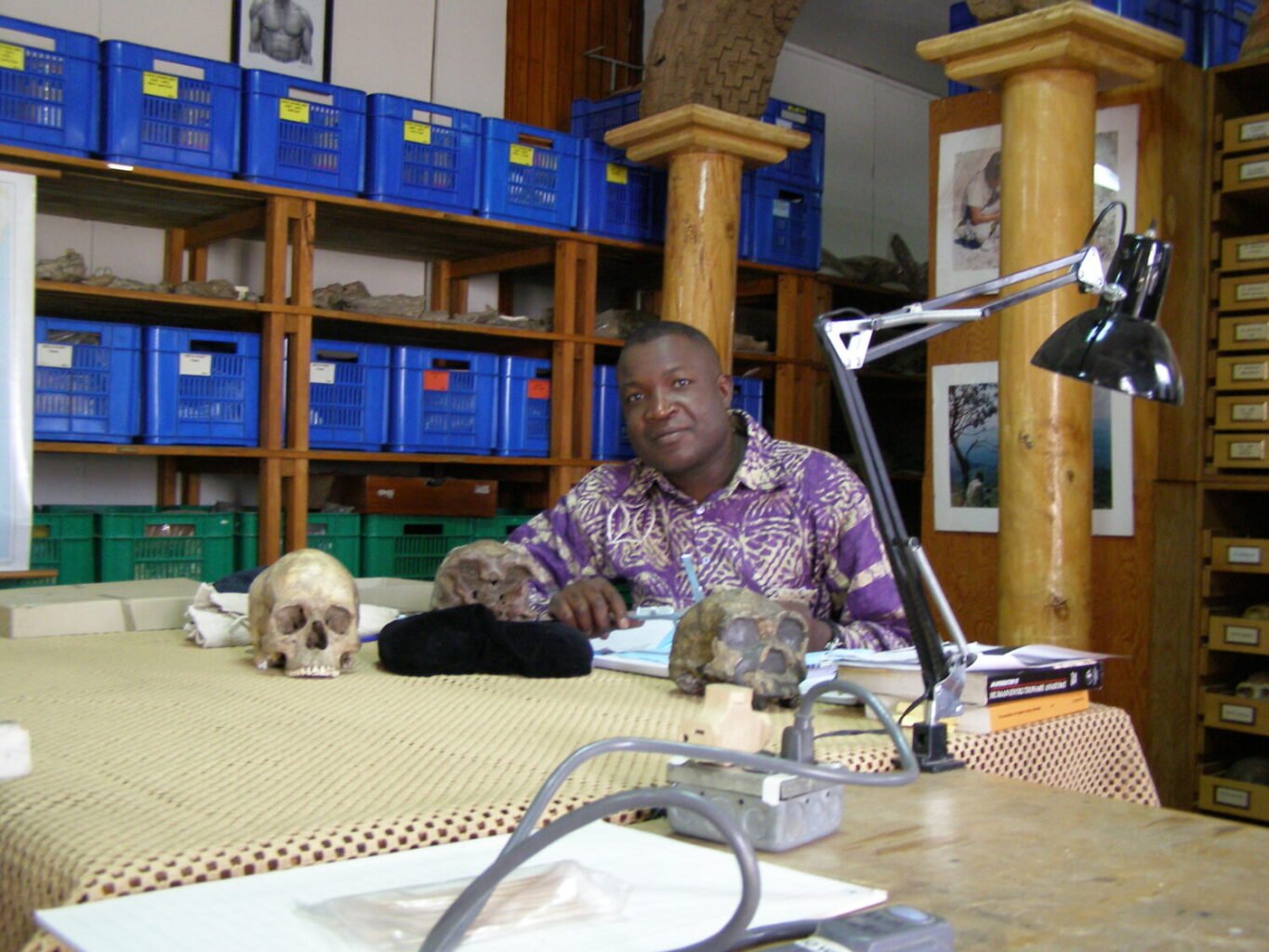
Nasser Malit, SUNY Potsdam: Exploring human evolution in the highland areas of central Kenya

Hanneke Meijer, Universitetsmuseet i Bergen: Documenting spatio-temporal paleoenvironmental variability in early and Middle Pleistocene Flores

Amanda Melin, University of Calgary: Manual discriminative touch, hand morphological variation, and frugivory in wild Geoffroy’s spider monkeys

Charles Musiba, University of Colorado, Denver: Hominin recovery, conservation, and documentation of animal trackways at localities 7, 7E, and 7SW at Laetoli, Tanzania

Elisabetta Palagi, Università di Pisa: Science for reconciliation: What an Ethiopian monkey tells us about peace-making

Srishti Sadhir, Duke University: Maternal energetic strategies during human pregnancy

Ron Shimelmitz, University of Haifa: Tracing the Middle to the Upper Paleolithic transition of Sefunim Cave, Mount Carmel, Israel: A multi-proxy approach

Chelsea Southworth University of Notre Dame: Effects of early adversity on social development and fitness in adolescent female baboons
Anissa Speakman Rutgers, The State University of New Jersey: Mating strategy variation and reproductive control in kinda baboons (Papio kindae)

Samvardhini Sridharan, University of California, Berkeley: The impact of structural variation on human evolution
Fanny Tibesar, University of Osnabrück: Gestural signaling in adult sooty mangabeys (Cercocebus aty) in the wild: New and old measures to investigate flexibility and intentionality
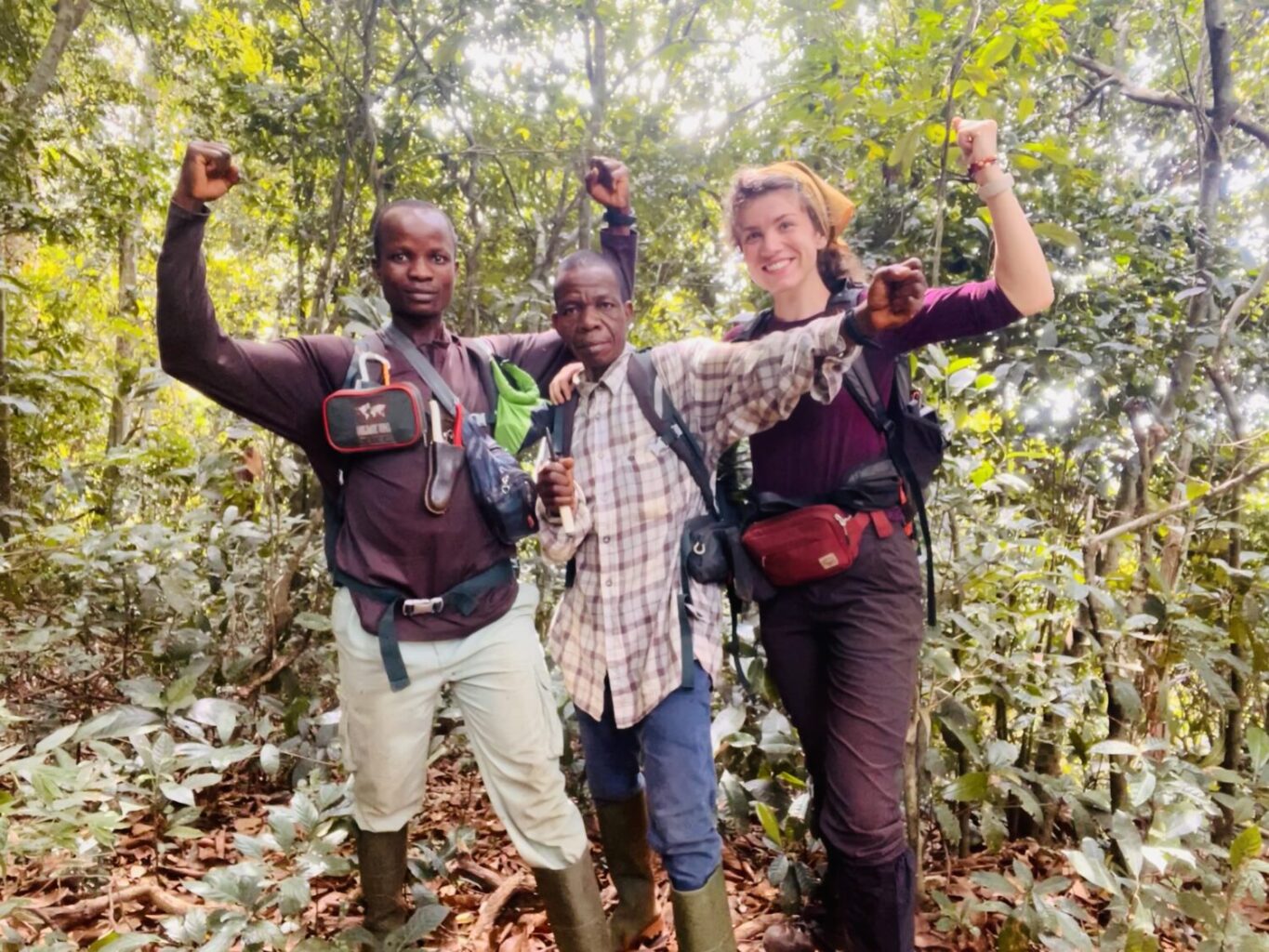
Laura van Holstein, University of Cambridge: The evolutionary implications of aquatic faunivory by chimpanzees

Lauren Wiseman-Jones, Washington University: The physiological and behavioral responses of Virunga mountain gorillas (Gorilla beringei beringei) to social and anthropogenic stressors
Samir Zouhri, Université Hassan II de Casablanca: In search of Miocene and Pliocene hominid fossils in the Ouarzazate Basin, Morocco

